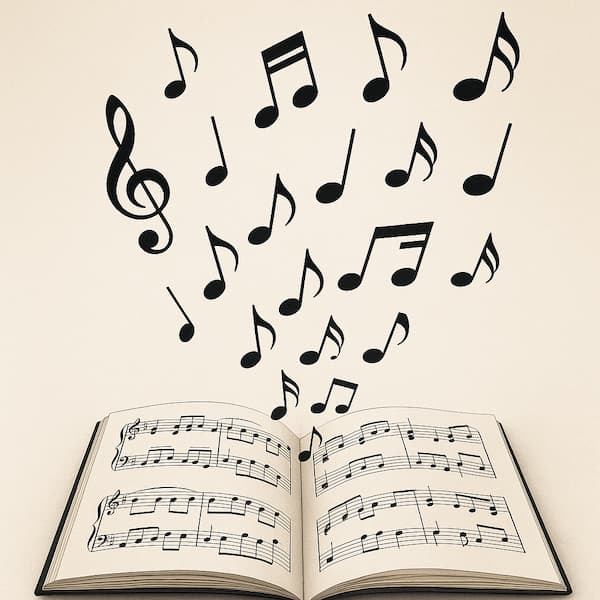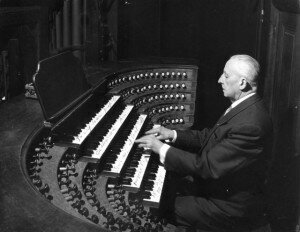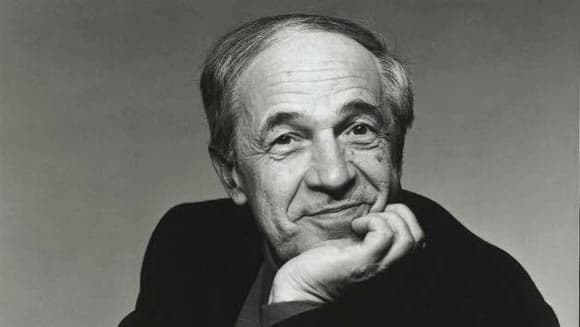We often forget how great composers were also great improvisers.
In fact, when the rules of Western classical music started being defined better, there was not much difference in the creative approach the musicians would have. They were both composers and improvisers, and many Baroque musicians, for instance, were well-known for being great keyboard improvisers, capable of inventing the most contrapuntal pieces on the spot. It is later on, throughout the development of Western classical music, that the worlds differentiated and each took their own way. In some other musical traditions around the world, in India, for instance, improvisation is often much more of a focus than composition.

Image created by ChatGPT
For obvious reasons, first due to its incredible range of sounds, but also as it is often the instrument of choice in the religious context in which many composers have evolved, the organ is often a tool of choice for improvisers. In the Western musical world, Bach is often the beginning of many things. And this applies to improvisation. Indeed, the German composer is well-known for, and often at the service of his composition process, for having been a great keyboard improviser, capable of improvising multiple-part fugues and inventions; and his improvisational work on the organ has laid the basis for future generations of musicians.
Bach: 2 Part Inventions and Sinfonias
Following him, Handel, Mozart, Beethoven, Chopin and Liszt were all great improvisers, capable of entertaining crowds endlessly. If the classical cadenza is often the most popular form of improvisation, traditionally it was not the only form of improvisation, and many baroque preludes were well-known for being the basis of elaborate improvisations. The basso continuo’s principle is itself based on the concept of (chordal) improvisation and was very much common practice too, and a rite of passage in compositional studies, which still applies to this day.
Improvisation slowly disappeared as the orchestra became more and more of a central figure to classical music and composers left the chambers to larger concert halls, and it is only in more contemporary forms that it eventually returned, with many works from the 20th and 21st century containing some sort of improvisation ideas in their structure.

Marcel Dupré © insanity.blogs.lchwelcome.org
Improvisation seems to have grown a lot in France, and many well-known French composers also made themselves known for being great improvisers; Fauré, Dupré, Franck and of course, perhaps the most important one in recent times — Messiaen. The French composer is well-known for being a fantastic organist and improviser, and laid many rules of modern music through his dual approach to creating.
Olivier Messiaen: Improvisations
Some of the most well-known improvisers in the contemporary classical world include Boulez, Cardew, Riley, Rzewsku, Stockhausen, Takemitsu, Wolff, Xenakis, Young and many more.

Pierre Boulez
There have been many points of view shared on what improvisation is. To some, it is composing in real time. To others, it is a completely different process which involves a different musical mindset. Classical improvisation follows particular rules and is often based on the complexity of melodic ideas. In some ways, it is much more akin to composing in real time than what it is in, let’s say, the jazz world, or in Indian ragas. Regardless, it is returning as being more of a central figure to classical music making, and nowadays, many composers aspire to be great improvisers too.
For more of the best in classical music, sign up for our E-Newsletter




